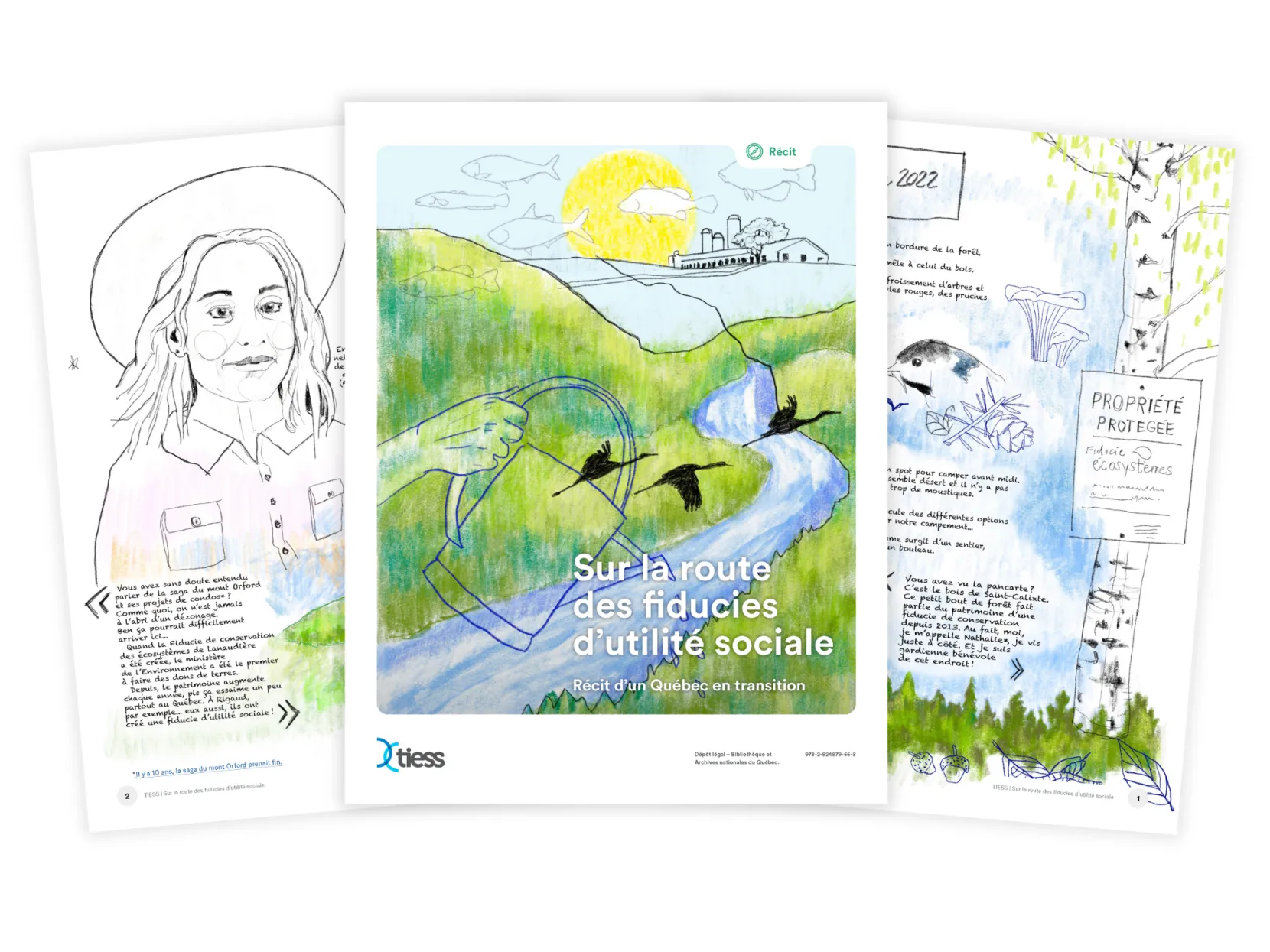From carsharing to rivers, Québec’s social utility trusts cover them all
Environmental law and Indigenous peoples’ relationship with the world sometimes – fortunately – have more in common than one might expect. “We do not inherit the earth from our ancestors, we borrow it from our children,” says a proverb that reflects well the worldview of many Indigenous traditions, where cooperation and trust between generations and within ecosystems are key to their preservation. A vision far removed from the dominant logic, which tends to reduce nature to a set of resources to be exploited. Yet, legal instruments that recognize natural elements as rights-bearing entities or legal persons are gaining ground.
One such little-known legal innovation, unique to Quebec, is the fiducie d’utilité sociale (FUS), or “social utility trust.” It enables assets to have no private owner (and thus not be appropriated or used for speculative purposes): a FUS dedicates a good or resource to a social or environmental purpose rather than an owner’s benefit. Only a court can modify the allocation of a FUS, which guarantees the long-term continuity of its mission—unlike, for instance, a co-op or non-profit, where a change in statutes could be enough to alter the mission. Though often associated with land stewardship, the long-term protection of natural environments—such as the Magpie River on Innu territory—or built heritage, the FUS holds transformative potential in many fields. It can also serve as a vehicle for economic activities with a social purpose.
In a similar spirit to the American company Patagonia—whose founder transferred ownership to two non-profit entities to secure its environmental commitment over time—the Quebec car-sharing pioneer Communauto announced to its members in May 2025 its intention to create a FUS to ensure in the management company of its three most senior shareholder-executives the durability of the mission for sustainable urban mobility. For more than 30 years, its model has encouraged reduced reliance on private cars in cities by offering shared vehicles, while integrating links to public transport. Communauto’s approach is innovative in applying the FUS framework to a commercial enterprise. It could lock in its capital and assets within a structure that would prevent purely commercial resale or mission drift while retaining the flexibility needed for economic activity. This opens a new path for enterprises and urban sustainability initiatives seeking protection from market pressures while remaining economically viable.
Time will tell how this experiment evolves, but the FUS already stands out as a legal form worth considering in innovation strategies for more sustainable cities. Several development avenues are highlighted in a guide on the topic by the organization TIESS: the FUS could provide a framework for further development of urban commons, or even be adopted by municipalities to manage shared resources or infrastructure.
Image credit: Tiess.ca

